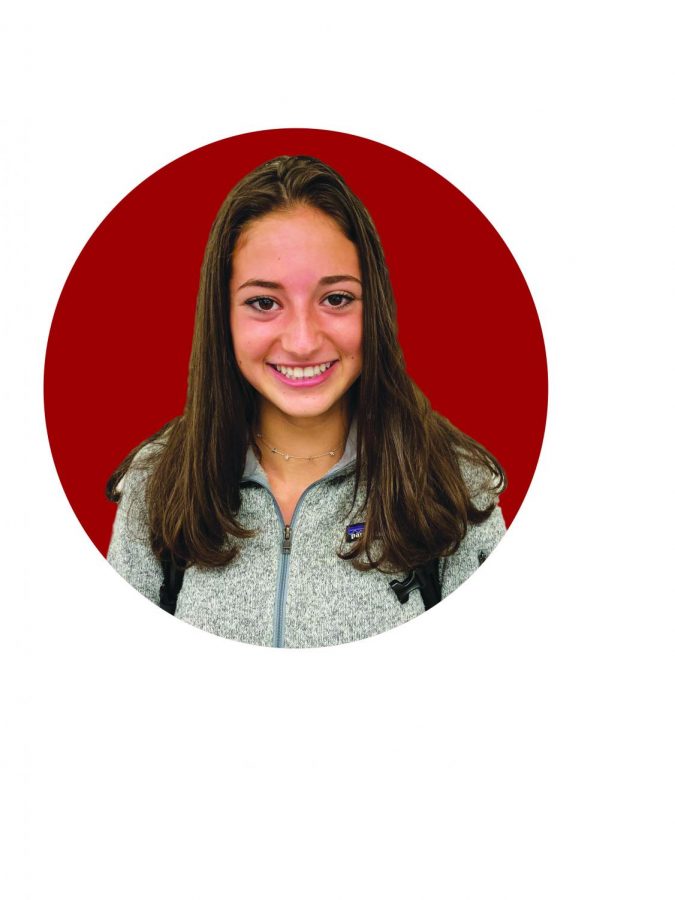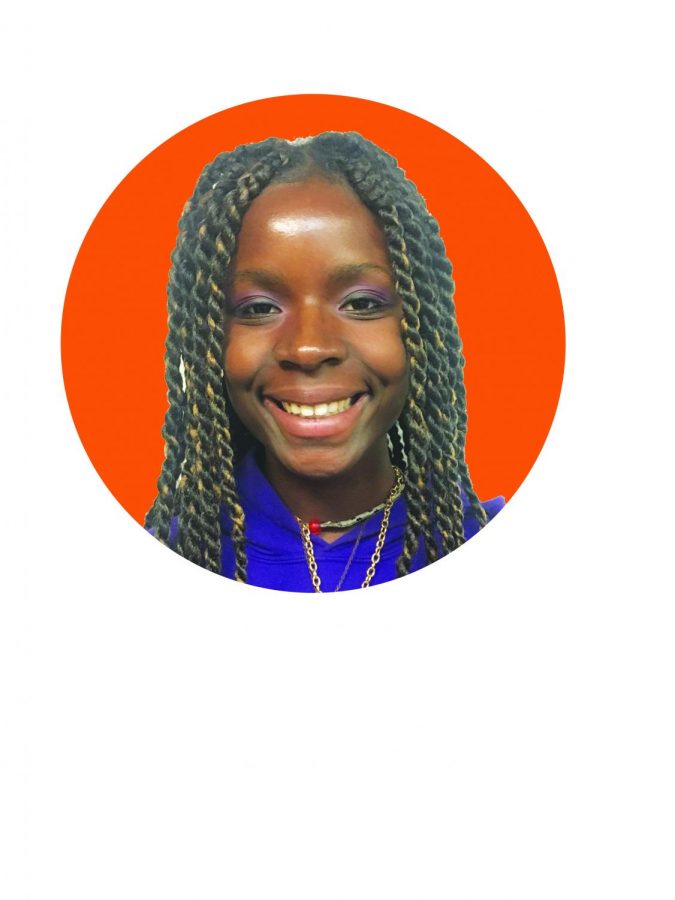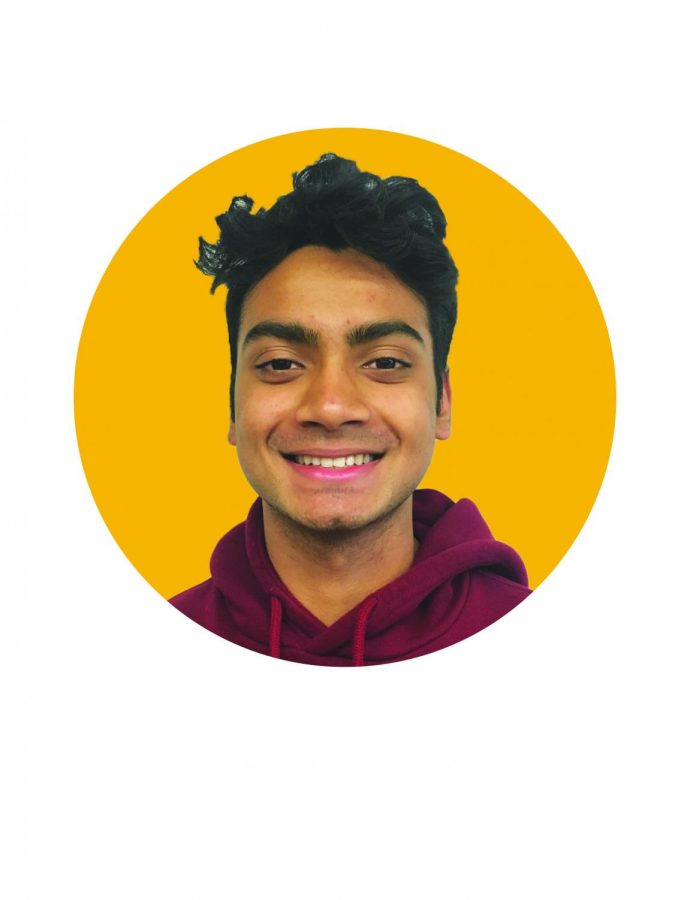Contextualizing Religious Pluralism
Confronting Perceived Disparities Between Blake's Commitment to Religious Pluralism and Lived Experiences of Students
October 14, 2019
PLURALISM:
“A state of society in which members of diverse ethnic, racial, religious, or social groups maintain and develop their traditional culture or special interest within the confines of a common civilization”- Merriam Webster Dictionary
“The Blake School believes that a diverse society that enriches all individuals and communities. Diversity of…religion… forms the fabric of our society. As a result of these beliefs, The Blake School actively seeks students, families, and employees who value and contribute to the fullness of a diverse community within the context of its mission. In doing so, we recognize our responsibility to help make each person’s experience a success.”
-The Blake School Commitment to Pluralism, as listed on their website
Diverse Student Body Juxtaposes Religious Calendar
Breaks align specifically with Christian holidays.
The Academic School year consists of two large breaks, typically with minimal homework, that occur directly after first semester during Christmas, and after the third quarter during Easter, religious holidays of the Christian religion. While this system does accommodate for a lot of the student body, the system leaves some students, those of religions other than Christianity, with no choice but to miss entire school days altogether during holidays belonging to their religion
These required absences can be very difficult for students to makeup, especially as many holidays fall close to each other. Sarah Yousha ‘20, who identifies as Jewish, usually misses two days every fall, one for Rosh Hashanah, and another for Yom Kippur. Yousha reflects, “It feels a lot even to miss one day.” Habon Samater ‘22, who also has to miss two days out of the year for holidays, says “it’s definitely been harder to catch up on work because of the missed holidays.”
When asked how to remedy the issue Yousha says, “If they can make homecoming homework free they can make Jewish holidays [homework] free.” Maggie Bowman, World Religions teacher, admits that the Christian calendar has the most influence on American society, and asserts “we should be moving toward a calendar that allows for more flexibility, or less rigidity, surround- ing how much is tied to a Christian calendar.”
Despite this, Bowman accepts that “I don’t know that will ever become a reality because it is so ingrained in everything we do in this country.” Tyneeta Canonge, Director of the Office of Equity and Community Engagement, says there are more than ten different religions practiced at Blake, making it a structural struggle to produce a schedule that works well for all. At much larger public schools, the number of practiced religions is even higher, resulting in schools reaching for a schedule that benefits the most people possible. In the case of American schools, this means a Christian-based schedule. Unfortunately, as Bowman claims, it is extremely difficult to deny the fact that it would be impossible to structure a schedule to accommodate all religions practiced. Yet amidst these difficulties, Blake’s Commitment to Pluralism recognizes the school’s responsibility to “help make each person’s experience a success.” It remains to be seen if that commitment is truly fulfilled.
Christianity Top of “Religious Food Chain”
Everett Honour ’20 examines Christian privilege.
“Pluralism”: the acknowledgment and practice of several different beliefs, and, more specifically, several different religions in one space. Blake is a culmination of people, both students and faculty, from many different backgrounds and religions; in this sense, Blake is a pluralistic institution, but school-life is still different for those of different heritages.
As a student who is a practicing Christian, I can say that my school experience is inconsistent with the experience of someone who celebrates Judaism, Hinduism, Islam, or any of the other ten religions represented at Blake. I have been blessed with the ability to have my religious holidays overlap with our breaks as well as weekends that have low amounts of homework; I have been blessed with an opportunity to be a part of a community that gives me the space to express my religion.
While I have been given this ability, those who are (namely) Muslim or Jewish have not had that same luck as me; they must take time off of school to celebrate their faith, or, in the case of standardized tests, take time away from their worship so that they can complete academic requirements. Even in just regular classes at Blake, I have been given an upper hand due to a majority of the content’s relation to Christianity. I have had to study far less than other people to understand the same curriculum due to my prior knowledge of the topic and its religious connotations; this is not the same for other religions – most content in our classes rarely chase after religions other than Christianity, and if it does, it is very minimal.
Christianity has long been at the top of the religious food-chain – allowing me to not have many, if any, academic or social consequences from celebrating my faith. I have not been required to miss school because my holidays were not on a provided break. I have not been ostracized for being religious, moreover, I have been able to have a very lavished situation when it comes to my religious celebration. It is difficult for a school to follow every religious calendar, but for a school to truly be considered “pluralistic” it has to do its very best to represent every religion equally; Blake does a very good job of acknowledging everyone’s religious affiliation but, even though it might be excruciatingly difficult, there is still more work that can be done.
Existing Religious Accommodations Ease Holiday Stress, Wish for More
Sage Marmet ‘22 acknowledges steps taken, asks for religious history
As a Jew, I observe and miss school for two major holidays: Rosh Hashanah and Yom Kippur. I really enjoy these holidays as it brings my family together and encourages reflection on the previous year. It’s challenging is to miss two days of school just ten days apart. As Jews are a small minority at Blake, classes continue as usual. While celebrating these holidays, I often spend a large chunk of these days studying and catching up on the work that I missed. As a Jew, this is extremely frustrating to have to devote my days of atonement and celebrations of the new year to remaining caught up in class. By contrast, Christians’ major holidays of Christmas and Easter always fall over a planned break.
The third major holiday on the Jewish calendar is Passover. Throughout these eight days, practicing Jews do not eat anything that rises or is otherwise leavened. Attending a school like Blake is great because the lunchroom staff works hard to make meals that are deemed “Pass- over safe” as well as provide matzah, a traditional unleavened bread, at every lunch throughout Passover. This is a nice accommodation as finding Passover safe food options can be a challenge.
At a very young age, I learned about the Holocaust, Pogroms, and the anti-Semitism that Jews have suffered from over the last two and a half thousand years in my classes at religious school. While it may seem harsh, many religious schools and synagogues value teaching about it at a young age in order to learn the correct facts and in order to understand our past and our lineage.
Much to my surprise was the limited teaching of the Holocaust at Blake. It seemed to me as though the only curriculum that involved teach- ing it or anything of Jewish history was in eighth grade, where it was centered around reading some European treaties and historical documents in Social Studies as well as reading Elie Wiesel’s memoir, Night. I was surprised at the short amount of time that we spent on it. At the end of the unit we watched a documentary about the Holocaust yet we actually skipped over the parts about the concentration camps, which came as a complete surprise to me.
Blake, a self-proclaimed school with pluralistic views on religion, is a supportive environment for people of all faiths; however, there is still room for improvement of religious empathy.
Fear of Stigma Suffocates Religious Expression
Louise Ba ‘20 reflects on how Islam and Blake interact
I remember sitting in a circle made of chairs in advisory during my sophomore year. Hearing about everyone’s different faith and backgrounds after Eboo Patel’s visit was intriguing, but nerve-wracking. We went around the room and shared our religious affiliation, and as the attention was drawn to me, I remember being so nervous to share. I was expecting judgment and harsh stares, yet after I uttered the words, “I am Muslim,” none came.
As a Senegalese-American Muslim teenager living in Minneapolis, I am constantly being tugged between religion, culture, life in America, and going to a private school. I knew right away that fitting in was something I’d never be able to do, due to all the different religions and identities I encounter daily.
So I chose to embrace all of mine.
Though times have been hard, like a junior year which included, fasting during my AP Government and Politics exam, whilst simultaneously having to struggle to remember Keynesian and Hayekian policies and deal with stomach cramps, they’ve also been really cool, like Patel’s visit. I vividly remember conversing with him about the struggle between dealing with culture and religion all in the setting of an independent school. It was so refreshing to hear students amongst all different religions conversing and sharing experiences, and hopefully, more conversations around the diversity of faith can be held in the future.
A hope I have for Blake is to accommodate Muslim students, as our population amongst the Blake student body is growing. Room such as more Muslim and/or POC (People of Color) speakers and activists brought in to speak in front of the school, or space where we can all convene during Ramadan at lunch, to collectively share our experiences. Ramadan is a one month period where Muslims do not eat or drink anything from sunup to sundown; the religious point of Ramadan is to cleanse ourselves from sin and temptation and focus solely on God. It’s difficult because I have to focus on school and ignore how hungry I am, but through pushing myself out of my comfort zone, I find that I am able to focus a lot more than I would with a full stomach, and I’m super proud of myself by the end of the month!
Being completely honest, my time here has had its highs and lows, and as my high school years come to a close, I hope that the future generation of Muslim students are encouraged to share their viewpoints and perspectives, and know that sometimes, our preconceived notions of the vocal judgments people have to offer are simply a figment of our own imagination.
Hinduism Finds Minimal Involvement in Classes
Rishab Haldar ‘20 strategizes involvement of Hindu principles
There isn’t an emphasis on religion at Blake and as a result, there really isn’t any interaction with Hinduism at Blake. For being a minority for the majority of my time at Blake, and with there being about two or three devout Hindu students per grade, it didn’t make sense to bring up my religion amongst my classmates and teachers or create affinity groups.
In fact, the last time I had a conversation about Hinduism with anyone at Blake was freshman year when a lot of the English curriculum revolved around the Hindu epic The Ramayana – and even then the discussion wasn’t all that meaningful to me because it was more focused about the eccentricities of The Ramayana rather than the religious meaning and values behind the text. I felt discouraged from speaking up when I knew something about the text that the teacher didn’t as I felt that there wasn’t any point because no one could relate to my background knowledge. I even felt a little ostracized for being Hindu at a school where the predominant religion is Christianity.
So, for the most part, I suppressed my Hindu practices and alignment. Going forward, I think that a Hindu affinity group or club would be good for students who are Hindu as it’ll give them a safe place to discuss their religion and even if explore it if they wanted to – and it doesn’t have to be just exclusive to Hindus. There are so many aspects of Hinduism outside of Hindu pantheon and stories, from seeking happiness to leading a fulfilling life.




